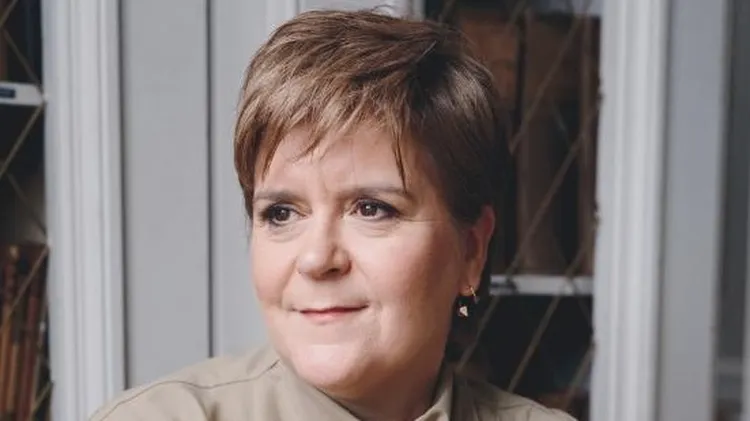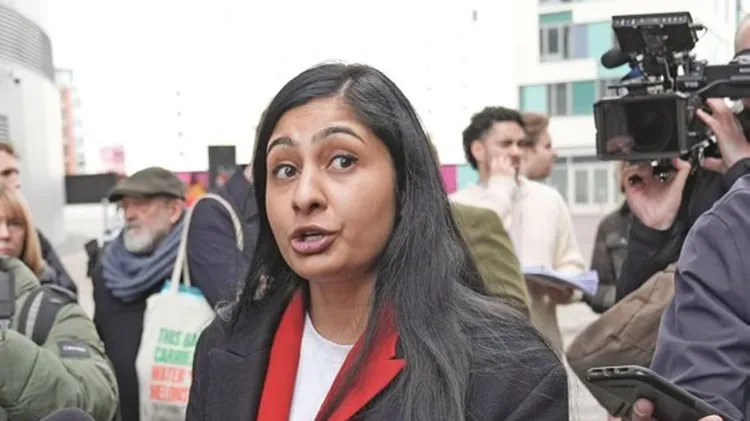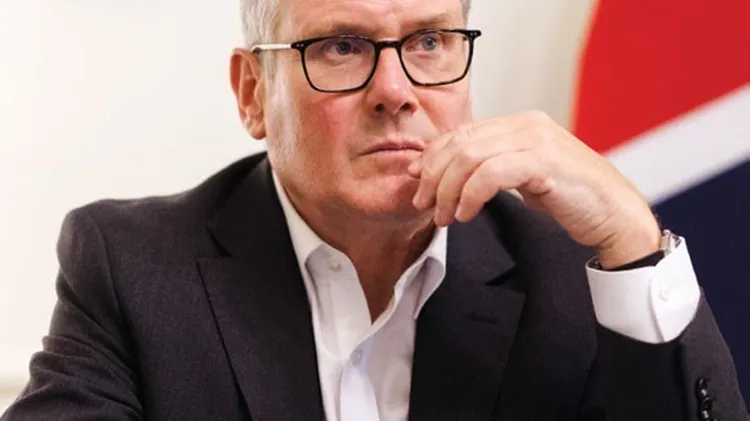BY Y
In a northern ireland steeped in its past, michelle o’neill has a vision for the future
5 min read
This article is from...
Read this article and 8000+ more magazines and newspapers on Readly






